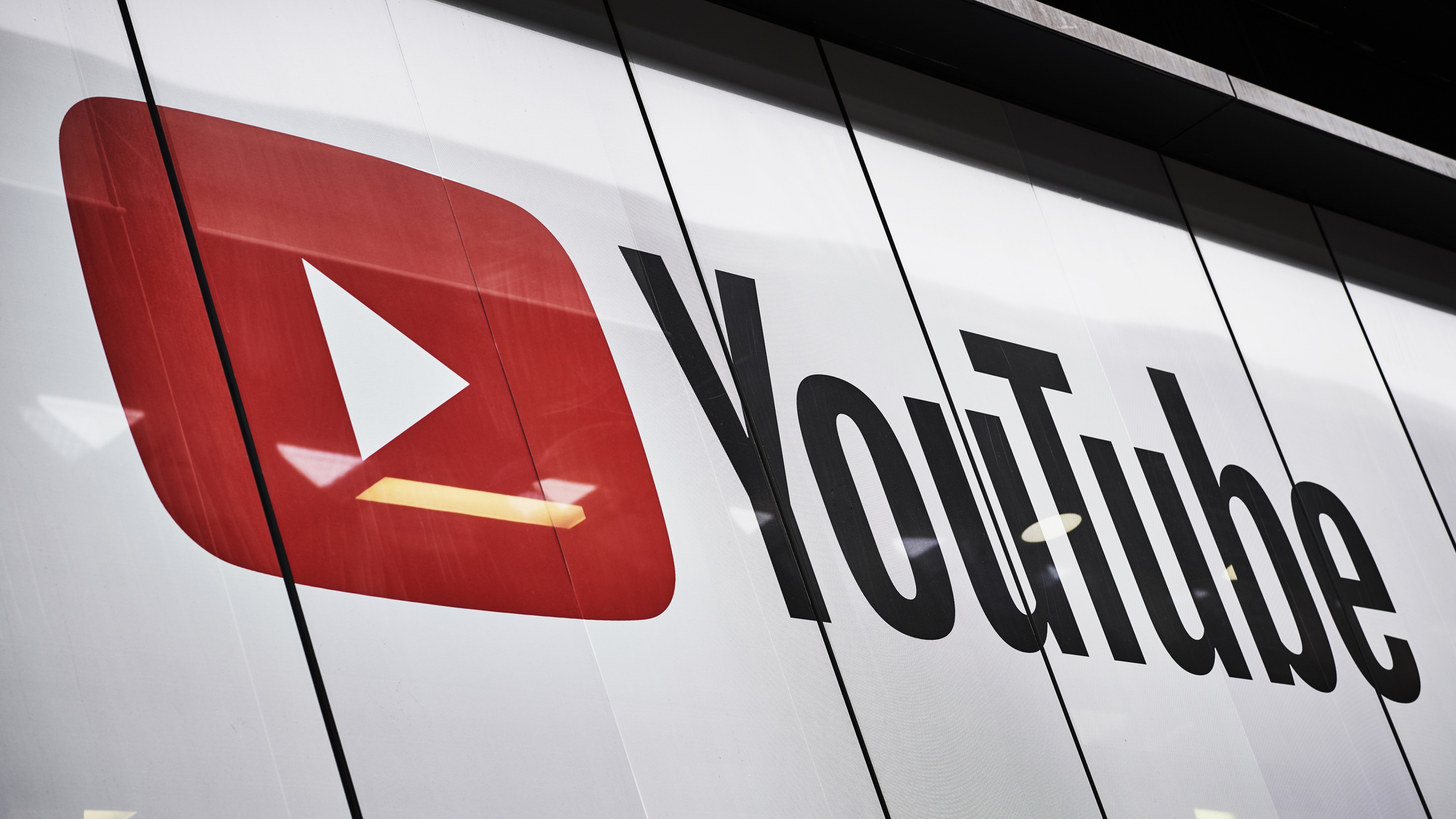
Google has been busy overhauling YouTube’s user experience, and depending on your perspective, some of the changes may be welcome, while others, not so much. For instance, multiple users have taken to social media to express their frustrations over Google's aggressive campaign against ad blockers.
Users with ad blockers installed on their devices reported a degraded user experience featuring throttled YouTube videos. Some even claimed that Google was preventing playback on their videos with “Ad blockers violate YouTube’s terms of service,” messages in their view.
Now, the company is bringing an uncanny version of its AI Overviews feature to YouTube. The company describes the feature as "a new AI-powered search results carousel to suggest videos and topic descriptions by creators across YouTube" (via The Verge).
How does YouTube's AI-powered search results carousel work?
The AI-powered feature is designed to help users skim through YouTube videos. It will suggest videos and even feature brief AI-generated topic descriptions to speed up the user's search experience by helping them find what they are looking for faster.
According to YouTube:
"Imagine searching for “best beaches in Hawaii” — you could see an AI-generated carousel highlighting clips from videos showcasing the best snorkel spots and volcanic beaches, complete with descriptions and more videos to plan your ideal day."
To that end, it is worth noting that the feature is shipping in waves to select YouTube Premium users in the United States. It's also worth noting that the feature is limited to Android and iOS in English.
Elsewhere, YouTube is also expanding access to its conversational AI tool to "some non-Premium users in the US," allowing them to leverage its capabilities to get more information and recommendations about academic videos.
It'll be interesting to see how users embrace YouTube's new AI Overviews-like search results carousel feature, especially following the challenges emanating from its AI Overviews feature in Google Search, including erroneous responses to queries and even recommending users to eat glue and rocks.
However, Google fixed the issue and shifted the blame to a 'data void' of contextual topics coupled with fabricated screenshots.







